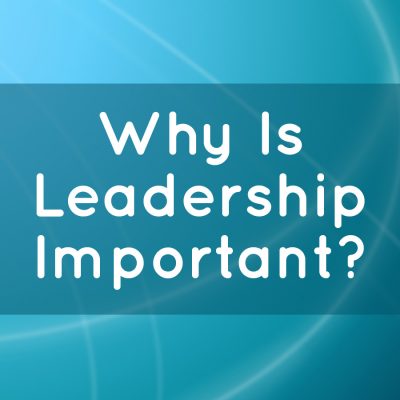Blog posts in the spring of this year had a focus on fear and the disservice we do to leaders and leadership when we want and promote the ‘fearless leader’. Fear is real in all of us as part of the human species, maybe even more so sometimes in the leader as the leader must, by necessity of leadership, lead into the unknown. There is no guarantee about outcomes. Despite risk assessment, once in the unknown, unintended consequences show up.
We are created with fear as a necessary and important quality for our survival. Fear is helpful if a bear is chasing you and you need to take action. We also have a myriad of other fears because we have such active minds, imaginations, and we have the ability to shift to dimensions of past and future, to ruminate about the past and worry about the future without staying in the present moment of our reality.
Denial that fear exists, sweeping feelings of fear under the carpet, is not sustainable as a human being. Eventually the residual effects of the unacknowledged fear rears its head. Different ways it can raise its head are in poor decision making, reduction in creativity, behavior that affects staff morale, and of course the full gambit of physical, emotional, psychological and spiritual ailments. It is common today in applying positive psychology, to discipline the mind to focus on the positive. A common form of this discipline is to override feelings by focusing on things to be grateful for.
I am an advocate of positive psychology. I believe daily practices of thinking about what I am grateful for and expressing gratitude make my life richer, and I can believe this same to be true for others. However, I have found that shifting beyond feelings too quickly without taking the time to trust those feelings and understand them is counterproductive to personal and professional life. I speak from personal experience and from mentoring many leaders over the past decades.
And so here is my recommendation to the leaders that I mentor regarding fear.
- Acknowledge the fear. Acknowledge the fears as they arise, saying something to yourself such as ‘here is a fear showing up and the words I have to explain this fear are….’. This step helps to make the having of a fear ‘ordinary’ and helps to remove it from your perspective of self-criticism for being afraid.
- Reduce self criticism about having the fear.At least once a day, write your fears down in a journal. This step helps you to make friends with the fear as real for you, helps you to come to a better understanding of the fear, and helps you to keep track of how fear is showing up in your life over a period of time.
- Benefit from a discernment exercise about the fear. Examine what you have written in the journal and do your best to summarize the fear. For example, a typical summary would be ‘fear of failure’, ‘fear of success’, ‘fear of loss’, ‘fear of ruin’. This summary is very interesting to track over time, providing some important self awareness.
- Recognize fear as an energy that can be put to productive use. Write down what comes to your mind when you think of the fear and any step at all to reduce the hold that this fear has on you. For example, if the fear is about getting a contract from a bid you put out, a step could be to use the energy to pick up the phone and inquire about the status of your bid. If your fear is about getting employees on board with a new idea, what are the smaller steps that you can take towards this goal instead of focusing on the bigger seemingly impossible goal that is causing you so much fear. Small simple steps are usually the most useful starting point for redirecting the energy of fear into productive action.
- Apply positive psychology. This is a good time in the process to shift your focus away from the fear, and to what you are grateful for in your life.
Leaders that we work with benefit from the steps noted above, learning to work with their fear rather than against it. If this leadership development work is of interest to you, please consider joining us for an exceptional five day leadership development opportunity in beautiful Halifax, Nova Scotia, Canada at Mount Saint Vincent University September 21-25. Check out the details at www.genuinecontactway.com/events. There are a lot of benefits to attending this workshop for increased leadership functionability and agility.









